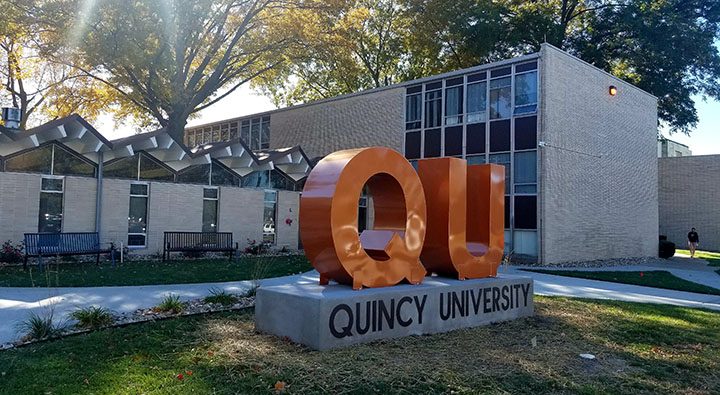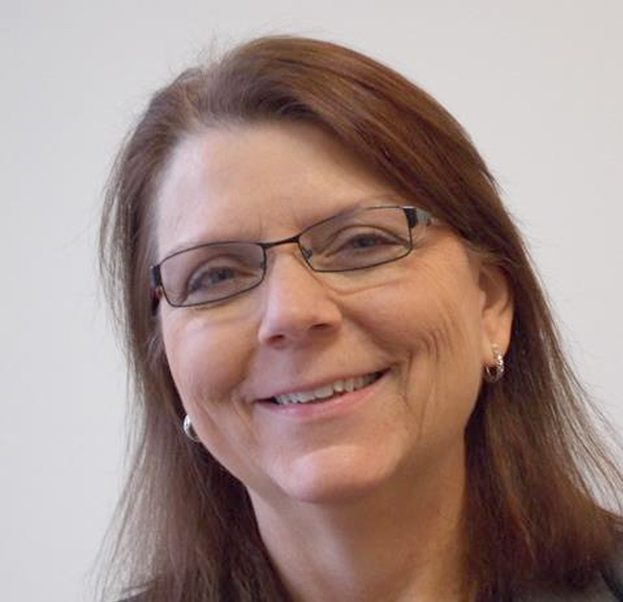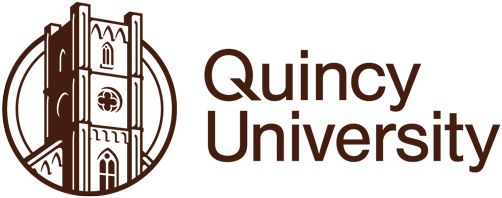
QU Adjunct English Professor Authors Article
 Cindy Lovell, Ph.D., adjunct professor of English at Quincy University, authored an article entitled “Autograph of a Lifetime,” which tells the story of how she discovered the elusive signature of Samuel Clemens in 2019.
Cindy Lovell, Ph.D., adjunct professor of English at Quincy University, authored an article entitled “Autograph of a Lifetime,” which tells the story of how she discovered the elusive signature of Samuel Clemens in 2019.
Lovell first visited Hannibal in 1996, when she learned that the cave contained some 250,000 signatures dating back to its discovery in 1819. Mark Twain Cave owners eliminated the practice of signing the walls in 1972.
For years, Twain enthusiasts, including Lovell, have searched the 260 passageways, many unlit, and covering 3 miles for Clemens’ signature.
“Hannibal soon became my favorite haunt, and I serendipitously became the executive director of the Mark Twain Boyhood Home & Museum in 2008,” Lovell writes. “This provided the opportunity for many more excursions into the cave, always keeping an eye out for that elusive signature.
“That July, I attended the third quadrennial Clemens Conference, a scholarly Twain symposium sponsored by the Twain museum. On Friday, July 26, the majority of the Twain scholars in attendance converged at Mark Twain Cave — sacred soil to all of us.”
Lovell, along with Linda Coleberd, the owner of the cave, and two fellow scholars, Ben Click, Ph.D., a professor of English at St. Mary’s College of Maryland, and Joe Csicsila, Ph.D., a professor of English language and literature at Eastern Michigan University, toured the cave together. That fateful day, under the beam of a flashlight, Lovell spotted the name she had been hunting for years.
Twain scholars Alan Gribben from Auburn University and Kevin Mac Donnell confirmed the signature as Clemens’ after eliminating other possibilities from examples provided by the Mark Twain Project at the University of California-Berkeley.
The article was published in Stetson Today, the news site of Stetson University. To read the article visit: https://www.stetson.edu/today/2020/04/autograph-of-a-lifetime/.
Lovell received her MA in Education from Stetson University and her Ph.D. in Education at the University of Iowa, specializing in ESOL and Gifted Education. She held tenured faculty positions at Volusia County Schools, Stetson University and Quincy University. She is the former director of both the Mark Twain Boyhood Home (MO) and Mark Twain House (CT).
Lovell teaches an online Mark Twain course at QU in the fall and spring semesters each year.
Founded in 1860 by Franciscan friars, Quincy University is celebrating 160 years as a small Catholic university emphasizing the sciences, liberal arts and the professions. Quincy University offers undergraduate, graduate and adult education programs integrating practical experience and Franciscan values. Faculty and advisors work with students to design customized success plans to help them graduate on time, find their passion and prepare them for life. QU is a member of NCAA Division II for intercollegiate athletics. For more information, please visit www.quincy.edu or contact the Office of Community Relations at (217) 228-5275 or communityrelations@quincy.edu. Quincy University. Success by Design.
